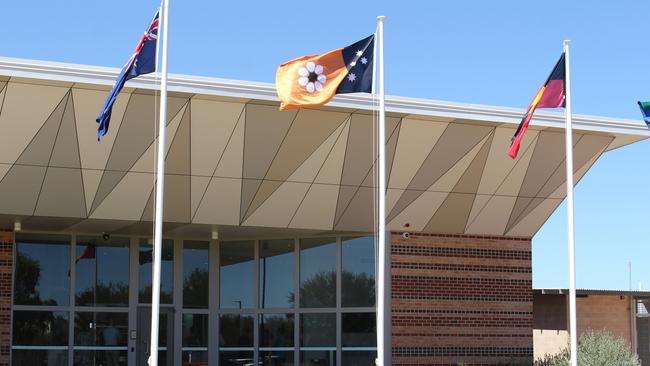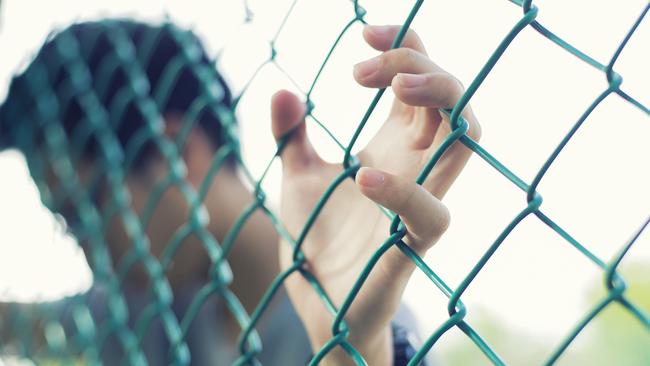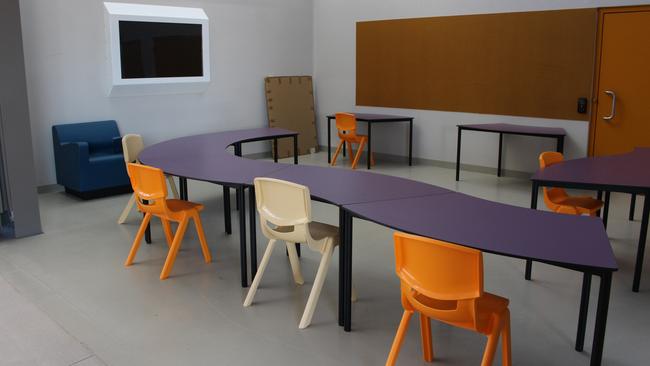Cunningham: If we want to reduce crime and incarceration, work needs to begin early
There were two pieces of commentary in the national broadsheet this week that offered different views on the how we should approach young people who come into contact the justice system, writes Matt Cunningham.

There were two pieces of commentary in The Australian newspaper this week that offered different views on the how we should approach young people who come into contact the justice system.
One came from a barrister with decades of experience working in the NT. The other came from the Australian Government’s Productivity Commission.
In their op-ed, commissioners Natalie Siegel-Brown and Selwyn Button criticised the NT’s new CLP Government over its decision to lower the age of criminal responsibility from 12 back down to 10, and the Victorian Government, for walking back its plans to raise the age to 14.
“It is ironic that the Productivity Commission mere months ago – as part of what some called our ‘scathing report’ on government performance against the National Agreement on Closing the Gap – actually evaluated those two jurisdictions as taking promising steps to fulfil their commitments after they had raised (or had committed to raise) the minimum age of criminal responsibility only a year earlier,” they wrote.

“We said that where governments had made progress on raising the age of criminal responsibility, it showed a ‘willingness to change their approach … to adopt policies championed for decades by Aboriginal and Torres Strait Islander people’.
“So why now step so far backwards, after finally making a step forward? Especially after the compelling Northern Territory Royal Commission into the Protection and Detention of Children, and the Yoorrook Justice Commission?”
The answer to that question, might best be answered by Nightcliff barber Tony Mirco, who spoke to the media after one of his clients was stabbed outside his shop last week.
“Just yesterday it was in the paper, we’re over-represented in the (prisons), the jails are over full,” he said.
“They spend $70 million with Turnbull and the Royal Commission into Don Dale. You could have built two jails with that $70 million.”
The Royal Commission might have been hailed as a great success on the east coast.
But many in the Territory saw it as an incredibly expensive exercise, delivering policy outcomes that, despite assurances to the contrary, reduced community safety.
That frustration was voiced quietly at the ballot box last month, when the CLP won a landslide victory.
However, as this column has noted on many previous occasions, the Royal Commission’s greatest failure – remembering it was an inquiry into “child protection and detention” – was how little time it spent examining the “protection” issue.
Which brings us to barrister Jon Tippett KC’s comments in Paul Toohey’s depressing story in last Saturday’s Australian about the revolving door of violent men going through the Northern Territory’s courts.

“I believe Lia Finocchiaro is a sincere person,” Tippett said.
“She’s a mother who’s lived in the Territory all her life. She will try and do the best she can. I don’t think she has an agenda against any social group. Quite the opposite.
“It’s going to be a tough one. Where there’s lack of parental control or parental interest, young people may have to be in prison. Ten-year-old kids may have to be put in an environment where they’re fed and schooled.
“It’s all very well for parents in Palmerston or out in communities to scream about their kids being taken away. But you, parents, are not sending them to school. You are not feeding them. You are not bathing them or clothing them. They have scabies. You are not engaging in their health care. They are below weight and their cognitive abilities have suffered because you are not looking after them.
“It’s a choice. Either you look after them, or somebody else will. We may do that reluctantly. But these children are entitled to an upbringing in a first-world country that gives them a crack at life. If you’re not going to do it, mum and dad, then we are.”
This will be the new government’s biggest challenge. For if we really want to reduce crime and incarceration rates the work needs to begin long before a child reaches the age of criminal responsibility, whether it be 14, 12 or 10.



